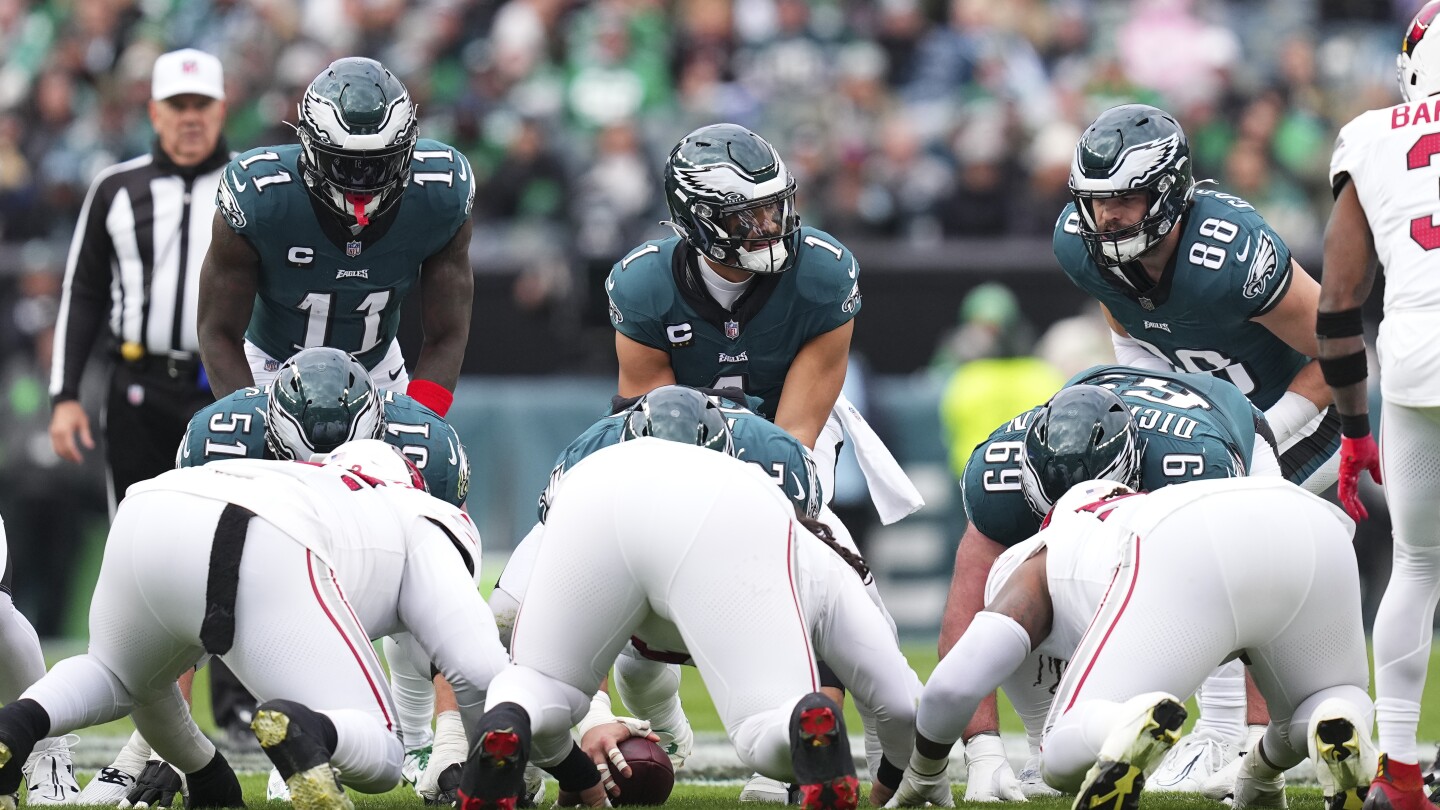Betting Boom: The Hidden Addiction Crisis Lurking Behind Sports Gambling's Rise
Sports
2025-03-22 12:05:11Content

As gambling becomes increasingly mainstream and legally accessible across the country, mental health professionals are sounding the alarm about a critical gap in support services for those battling gambling addiction. Despite the widespread legalization and normalization of gambling, the infrastructure for treating problem gambling remains woefully inadequate.
Experts argue that while gambling has transitioned from a stigmatized activity to a socially accepted form of entertainment, the psychological and financial consequences for vulnerable individuals have not received proportional attention. The rapid expansion of online betting platforms and sports gambling has further complicated the landscape, making addiction more accessible than ever before.
Mental health professionals emphasize the urgent need for comprehensive treatment programs, increased public awareness, and targeted interventions that can help individuals recognize and address problematic gambling behaviors before they spiral into devastating personal and financial crises.
The current system, they warn, is failing those most at risk, leaving many struggling gamblers without the critical support and resources needed to break free from the destructive cycle of addiction. As gambling continues to become more integrated into mainstream culture, the call for robust, compassionate support systems grows increasingly urgent.
The Hidden Epidemic: Gambling's Dark Shadow in the Age of Legalization
In the rapidly evolving landscape of entertainment and personal freedom, gambling has emerged as a complex social phenomenon that challenges traditional moral and economic boundaries. As states across the nation continue to legalize and normalize gambling activities, a critical undercurrent of human vulnerability threatens to undermine the seemingly glamorous industry.Unmasking the Silent Struggle Behind Casino Lights and Online Betting
The Explosive Growth of Gambling Accessibility
The past decade has witnessed an unprecedented transformation in gambling's legal and social status. What was once a marginalized activity confined to specific geographic regions has now become a mainstream entertainment option. Online platforms and state-sanctioned casinos have dramatically lowered barriers to entry, creating an environment where gambling is just a click or a short drive away for millions of Americans. Technological advancements have further accelerated this trend, with mobile applications and digital platforms making gambling more accessible than ever before. Sophisticated algorithms and user-friendly interfaces design experiences that are increasingly engaging and potentially addictive, blurring the lines between casual entertainment and compulsive behavior.The Psychological Landscape of Problem Gambling
Beneath the surface of this seemingly harmless entertainment lies a complex psychological terrain. Experts in behavioral psychology and addiction studies have long warned about the intricate mechanisms that transform recreational gambling into a destructive compulsion. The human brain's reward systems can be hijacked by the intermittent reinforcement patterns inherent in gambling activities. Neurological research reveals that problem gambling shares striking similarities with substance addiction. The rush of dopamine, the brain's pleasure chemical, creates a powerful feedback loop that can override rational decision-making processes. This neurochemical dance explains why individuals continue gambling despite mounting financial and personal consequences.Treatment Gaps and Systemic Challenges
Despite the exponential growth of the gambling industry, mental health infrastructure has not kept pace. Treatment centers and specialized intervention programs remain critically underfunded and undersupported. Many individuals struggling with gambling addiction find themselves navigating a fragmented healthcare landscape with limited resources. Mental health professionals argue that the current approach is reactive rather than proactive. Prevention strategies, comprehensive screening mechanisms, and early intervention protocols are desperately needed. The economic and social costs of untreated gambling addiction extend far beyond individual suffering, impacting families, workplaces, and broader community structures.Regulatory Perspectives and Ethical Considerations
The rapid legalization of gambling presents a profound ethical dilemma for policymakers. While economic benefits and individual freedoms are compelling arguments, the potential for widespread psychological harm cannot be ignored. Regulatory frameworks must evolve to incorporate robust consumer protection mechanisms and mandatory support systems. Some progressive jurisdictions have begun implementing more holistic approaches, requiring gambling operators to contribute to addiction research and treatment programs. These models suggest that responsible gambling isn't just about individual choice but represents a collective societal responsibility.Personal Stories of Resilience and Recovery
Behind statistical data and clinical analyses are deeply human narratives of struggle and redemption. Individual experiences reveal the nuanced, often heartbreaking journey of those grappling with gambling addiction. These stories underscore the critical need for compassionate, comprehensive support systems that recognize addiction as a complex health challenge. Recovery is possible, but it requires a multifaceted approach combining psychological support, financial counseling, and community resources. Personal testimonies highlight the importance of destigmatizing addiction and creating environments that encourage open dialogue and healing.RELATED NEWS
Sports

Breaking: Richard Pitino Bolts from UNM, Lands Coveted Xavier Head Coaching Spot
2025-03-26 02:40:00
Sports

Western Conference Showdown: Wolves and Grizzlies Clash in High-Stakes Playoff Race
2025-04-10 14:05:19






